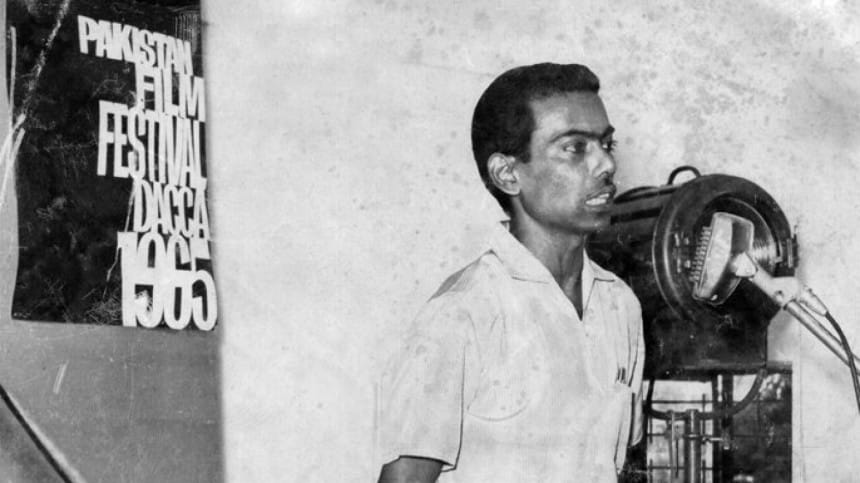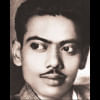Zahir Raihan's family firm against completing 'Let There Be Light'

Zahir Raihan's dream project, "Let There Be Light", which he couldn't finish filming during his lifetime, remains a contentious subject, as his family has expressed firm opposition to its completion by any other filmmaker.
Their statement resurfaced in response to recent discussions surrounding the fate of the film. "Let There Be Light" has been in the public eye again after its footage was discovered in a warehouse over four decades after its partial production.
Zahir Raihan's son, Anol Raihan, clarified the family's stance unequivocally stating that they do not consent to the film's completion by any given director. In his words, "Even if Martin Scorsese wants to finish this incomplete film, I will not grant that permission!"
This declaration follows Anol's extensive Facebook post published yesterday. He questions why the film needed to be completed and whether another filmmaker could even capture his father's unique vision. The post underscores the historical significance of Zahir Raihan's extraordinary work, emphasising its irreplaceable value to Bengali cinema.
Anol raised concerns about the proposed completion of "Let There Be Light", a film that his father initiated more than 55 years ago. While Zahir Raihan had previously ventured into politically charged filmmaking with "Stop Genocide", "Let There Be Light" was intended to be an entirely independent cinematic expression of his political philosophy.

According to Anol, "Let There Be Light" is not a narrative film in the lyrical format like "Kancher Deyal" or "Jibon Thekey Neya". It has its distinct artistic or cinematic language which was entirely orchestrated by Zahir Raihan's mind. "Even if the film had a written script, I will never grant permission to anyone to finish this film," he asserted.
The Bangladeshi Film Archive previously organised a public screening of the selected raw footage of this film, prompting Anol's objections. He proclaimed that the film, in its entirety, including the unedited shots should be showcased. Anol argued that the value of this print would be immeasurable to future film students and cinephiles.
Anol's remarks reflect the unique artistic sensibility embedded within this film. He contends that only Zahir Raihan himself could have authentically completed this project — given the vast differences between the era when the film was conceived and the present day, alongside its considerably altered global perspectives.

 For all latest news, follow The Daily Star's Google News channel.
For all latest news, follow The Daily Star's Google News channel. 









Comments